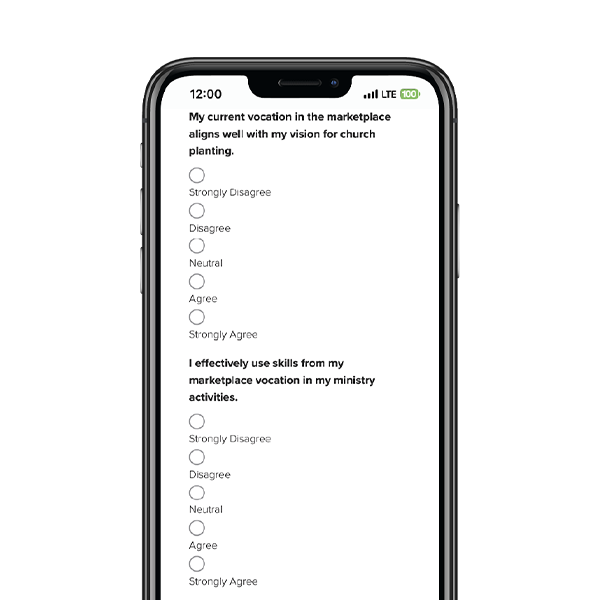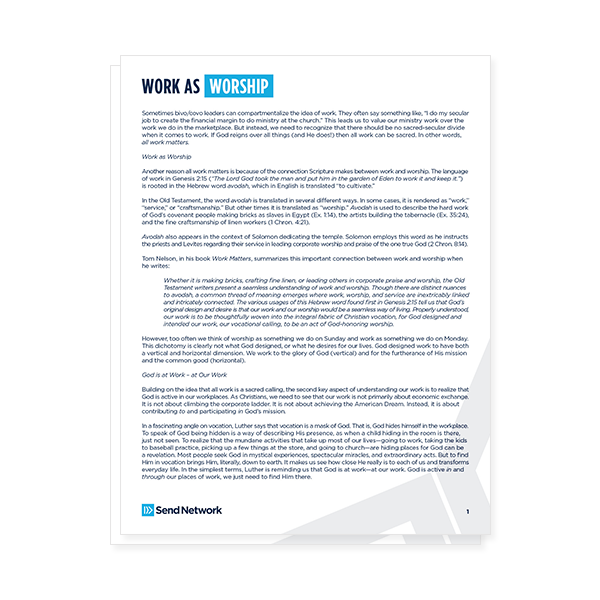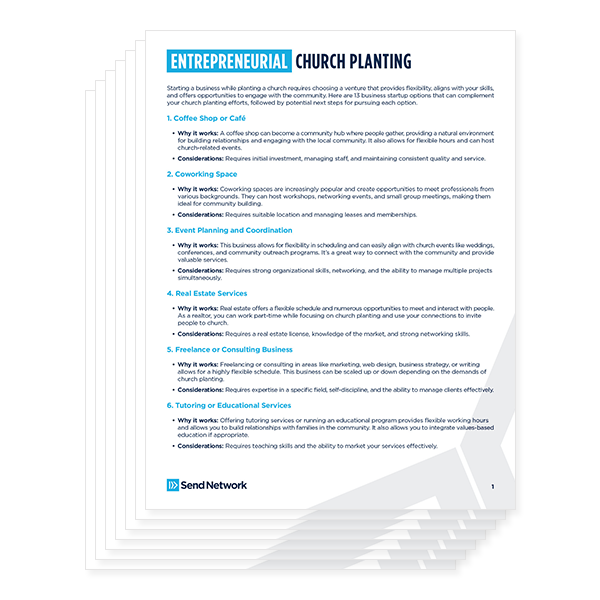Do you love Jesus?
The answer may be so obvious, it could come off as slightly insulting.
After all, if you didn’t love Him, you would not be spending your limited energy laboriously church planting or contemplating beginning the journey if you have not already.
“Do you love me, Peter?”
Imagine how Peter felt when Jesus asked Him this question, not once, but three times. In John 21—shortly after Peter’s denial of Jesus and Jesus’ bodily resurrection—John gives readers a sneak peek into a long-anticipated moment when Jesus is face to face again with the one who emphatically said he would never betray Him (Matthew 26:33-35). His response to Peter is neither harsh nor passive but the tone of a compassionate friend. Jesus goes on to give Peter a glimpse into what it will mean to follow Him from this point forward.
“Truly I tell you, when you were younger, you would tie your belt and walk wherever you wanted. But when you grow old, you will stretch out your hands and someone else will tie you and carry you where you don’t want to go.” He said this to indicate by what kind of death Peter would glorify God. After saying this, he told him, “Follow me.” John 21:18-19
Peter did love Jesus, and His love for Jesus would take Him where he didn’t want to go. Peter would not have a comfortable life. His love and commitment to Jesus would lead him down a low road with a high calling. He would travel a low road of persecution, discomfort and a death similar to Christ’s crucifixion. But the high calling of the road less traveled would lead to glory unimaginable in the age to come.
The Call to Go is a Call to Trust
When God calls us, he rarely calls us to comfort. In our comfort it’s hard to trust Him because we can subtly believe the lie of self-sufficiency. But when we are called into the unknown, we are called into deeper waters of trust in God and not ourselves. The mirage of self-sufficiency becomes the reality of total dependency on the Lord. We know that unless he builds the house, our labor is in vain (Psalm 127).
While we may not die a martyr’s death like Peter, we are called to die in small ways every day. It is precisely our willingness to die to ourselves that makes our hearts fertile ground of gospel fruitfulness. “… unless a grain of wheat falls to the ground and dies, it remains by itself. But if it dies, it produces much fruit” (John 12:24).
The Call of Church Planting is a Call to Death
The call to church planting is a call to die to yourself and your ideas of how life should be. In saying “yes” to God to plant a church and multiply it, planters may be called to die to: owning a home, having a stable income or having the type of church you envision in the time frame you’ve planned.
Church planting is a commitment to walk a low road with a high calling. To be a church planter is to step into the unknown of what God has for us. To be a church planter is to leave the comforts of stability and to walk in good works God has prepared for you to accomplish. To be a church planter is to commit to stepping outside of your comfort and sharing the gospel with your neighbors. To be a church planter is to commit to one of the biggest tools of sanctification in a man’s life.
But if we say “yes” to the call to expand God’s kingdom through planting gospel-centered churches, we will produce more fruit through the power of the Holy Spirit than we ever dared imagine—in this life and in the life to come.
For more information about moving to plant a church in a city you don’t want to go to, listen to this episode of We are Send Network, Church Planting at Home and Away.
Published January 16, 2020




